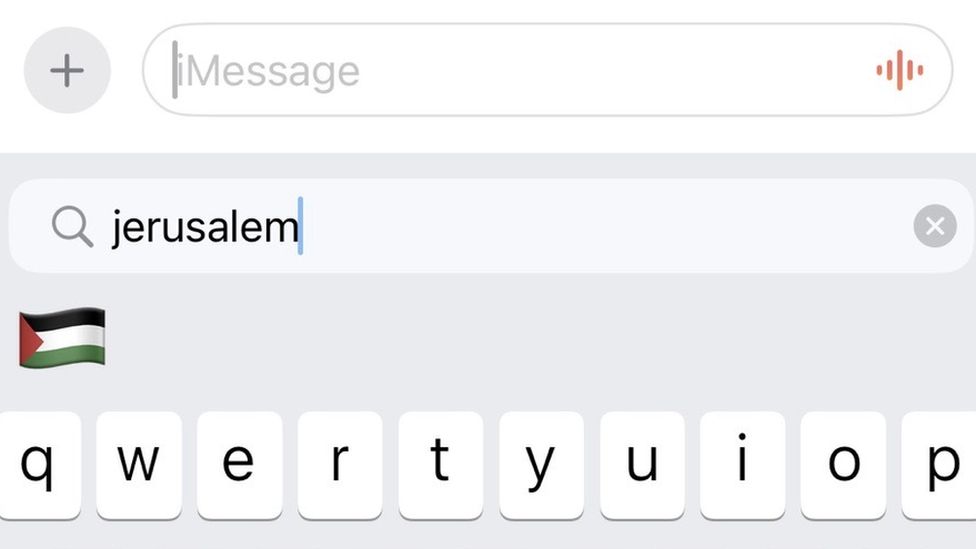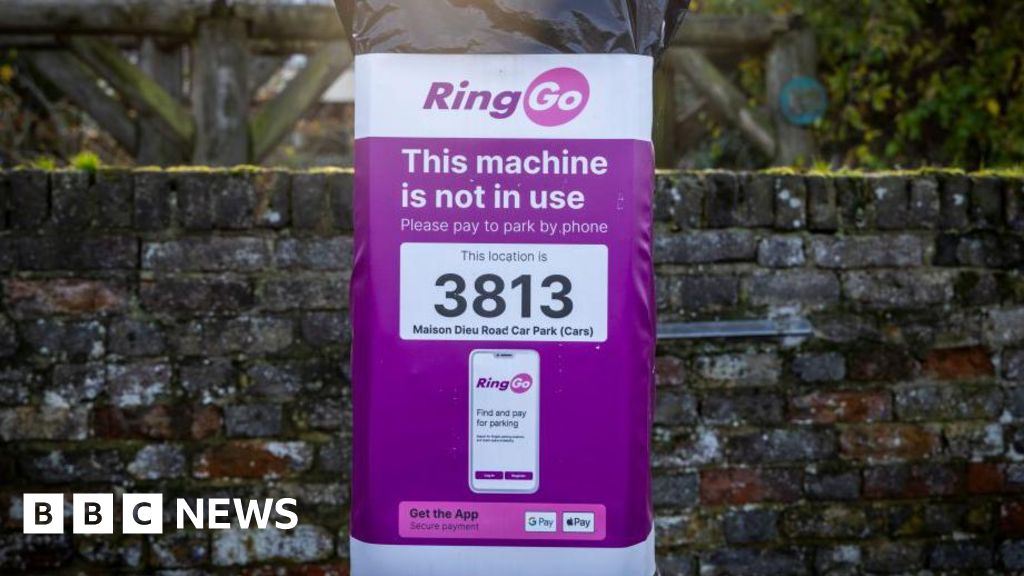ARTICLE AD BOX

A screenshot of the suggestion.
By Chris Vallance
Technology reporter, BBC News
Apple has been criticised after the Palestinian flag emoji was automatically suggested to iPhone users who type "Jerusalem."
Both Israel and the Palestinians hold competing claims to the ancient city.
TV presenter Rachel Riley, who is Jewish, noted on social media that national flags were not suggested for other capitals.
Apple has told that the BBC the change - which followed a recent software update - was not intentional.
The issue will be remedied in a future software update, Apple says, but it is not known how rapidly this will happen.
Ms Riley writing on X (formerly Twitter) had demanded that Apple explain what had happened.
"Showing double standards with respect to Israel is a form of antisemitism", she argued.
The issue, according to Apple, relates to a feature called predictive emoji. iPhones can suggest emojis when words are typed in messages, and other apps.
The notes accompanying the latest iOS update say that it includes "new emojis."
Deep divisions
The status of Jerusalem is one of the thorniest disputes in the conflict between Israel and the Palestinians.
Israel sees the whole of Jerusalem as its eternal, undivided capital, while Palestinians claim the eastern part as the capital of their hoped-for future state.
East Jerusalem, along with the West Bank and Gaza Strip, were captured by Israel from Jordan and Egypt in a war in 1967, and have since been viewed internationally as occupied Palestinian territory.
This is not the first time a big tech company has found itself embroiled in the bitter dispute between Israel and the Palestinians.
Last year rival tech giant Meta had to apologise after a bug resulted in it adding "terrorist" to the biographies of some Instagram users describing themselves as Palestinian.
Meta said it fixed a problem "that briefly caused inappropriate Arabic translations" in some of its products.

 1 year ago
60
1 year ago
60








 English (US) ·
English (US) ·